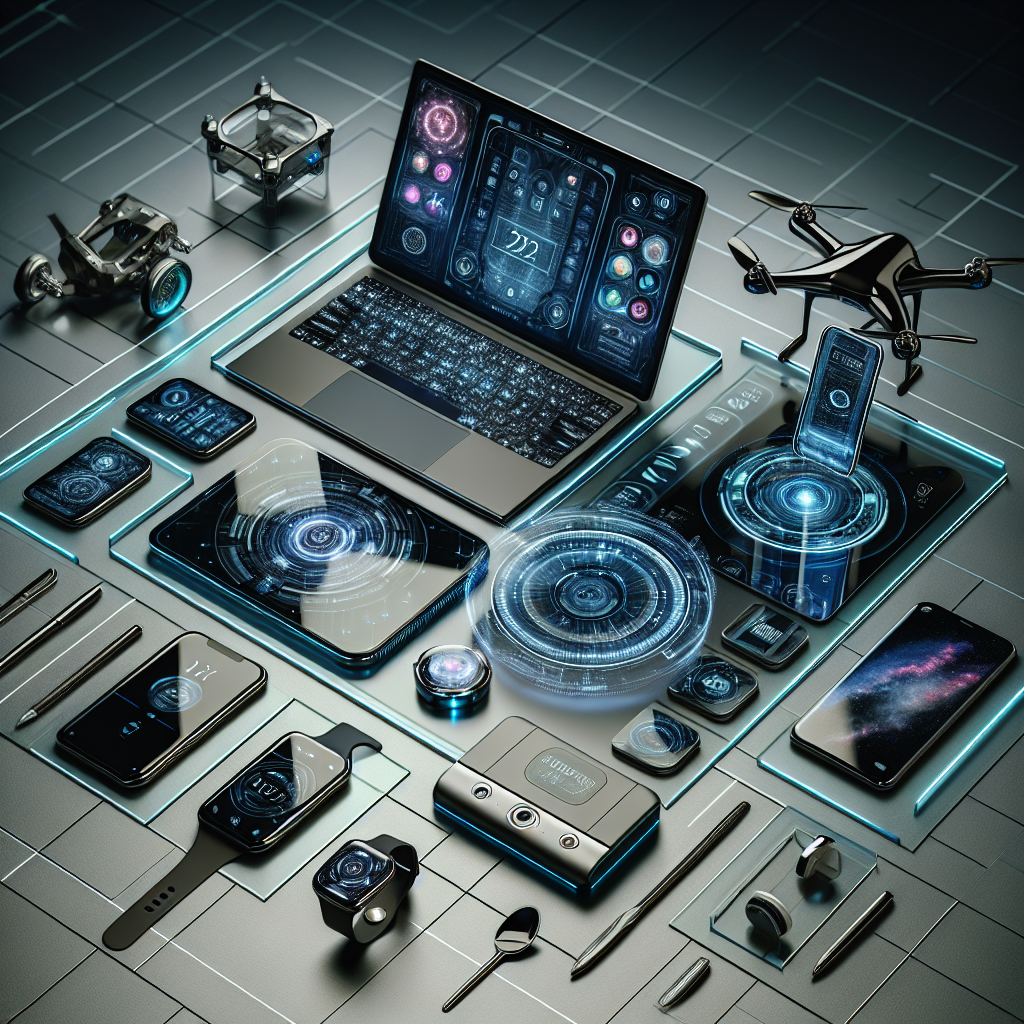===INTRO:===
Embarking on the journey of electronics projects can be both exhilarating and daunting for engineering students. With a plethora of options available, the challenge lies in selecting projects that not only ignite your passion but also elevate your skill set. This guide to "Top Electronics Projects for Engineering Students" is crafted to equip you with innovative ideas and a step-by-step methodology to bring your projects to fruition. Whether you are driven by the desire to learn, innovate, or simply impress your peers, this comprehensive guide is your gateway to transformative experiences in the realm of electronics.
Innovative Electronics Project Ideas for Engineering Students
Selecting the right project can be a game-changer in your academic journey. One standout idea involves creating a smart home automation system. This project can integrate various devices such as lights, fans, and security systems using microcontrollers like Arduino or Raspberry Pi. By leveraging sensors and IoT technology, you can control your home environment through a mobile application, enhancing not just your technical prowess but also your understanding of real-world applications of electronics.
Another exciting project is the development of a portable solar charger. As renewable energy becomes increasingly pivotal, engineering students can contribute by designing a compact solar-powered charging unit. This project involves solar panels, voltage regulators, and rechargeable batteries, allowing you to explore sustainable energy solutions while equipping yourself with practical skills that are highly sought after in today’s job market. It also provides a fantastic opportunity to discuss the implications of energy consumption and sustainability.
Lastly, consider building a gesture-controlled robot. This project combines robotics and human-computer interaction by using sensors to interpret hand gestures. Students can utilize Arduino and servo motors to create a robot that performs tasks based on user commands. This innovative endeavor not only hones programming and circuit design skills but also enhances your understanding of the future of robotics in various industries, from healthcare to automated manufacturing.
Step-by-Step Guide to Successful Electronics Projects
To ensure a smooth and successful project completion, begin with meticulous planning. Clearly define your project’s goals and specifications. Create sketches and block diagrams that outline how each component will interact. This phase is crucial as it lays the groundwork for all subsequent steps. It’s advisable to break down the project into manageable tasks and allocate time for each segment. By adhering to a disciplined timeline, you can effectively navigate the complexities without feeling overwhelmed.
Once your planning is complete, it’s time to gather materials and tools. Make a comprehensive list of all required components, including microcontrollers, sensors, and breadboards. Ensure that you have access to all necessary tools such as soldering irons, multimeters, and oscilloscopes. This preparation phase is often overlooked but is vital for maintaining momentum and focus during the execution of your project. Understanding the importance of sourcing high-quality components will save you time and trouble later on.
Finally, as you embark on the implementation phase, maintain a methodical approach to building and testing your project. Assemble your circuit on a breadboard initially to make debugging easier. Employ systematic testing after each stage of assembly to identify issues before they escalate. Document your process, noting any challenges and solutions encountered. This practice not only helps in troubleshooting but also serves as a valuable learning resource for future projects. Conclude your endeavor by creating a detailed report or presentation to showcase your work, demonstrating your newfound expertise and reflecting on your learning journey.
===OUTRO:===
In conclusion, engaging in innovative electronics projects is an invaluable part of your engineering education. By exploring these project ideas and following a structured approach, you are not just building devices; you are building your future. As you delve into the realm of electronics, remember that each project is a stepping stone toward mastering your craft and expanding your horizons. Embrace the challenges ahead, and take this opportunity to deepen your knowledge, hone your skills, and ignite a passion for innovation that will propel your career forward. Explore further, engage with the community, and let your creativity shine in the world of electronics!
Top Electronics of 2024: A Comprehensive Buyer’s GuideTop Online Platforms for Electronics Shopping in IndiaTop Online Electronics Retailers: Your Ultimate Shopping GuideRelevant LinkRelevant LinkRelevant Link






